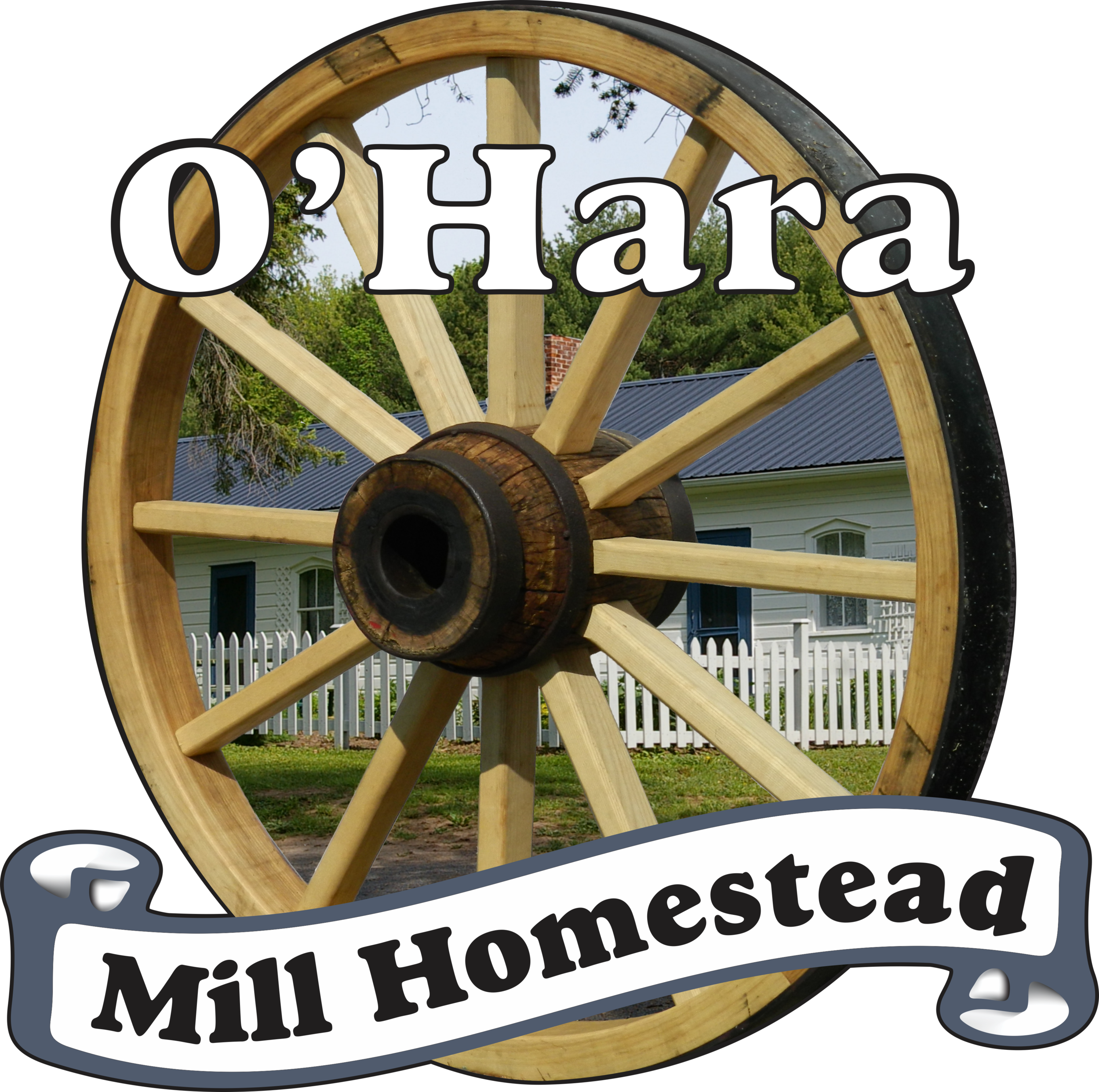Chores, Chores and More Chores
Life of A Pioneer Child/ July 15th, 2021
Today we will be taking a look at some of the chores that were part of the daily routines of children on the Homestead. Just like today, children had to accomplish chores to teach them about life and discipline. Back in the early days of settlement chores were often much more essential as without a warm fire and food survival would be threatened.
Children would start partaking in chores as young as age four. Every chore played an important role in the functioning of the family and the farm. Chores would often be decided based on gender and age, as some chores were not considered suitable for certain groups of children.
Young Bill Slater (AKA Willie) showing off his garden
Younger children would often be responsible for keeping the fire going, feeding the animals and weeding the garden, along with other small tasks that were suitable for small hands.
Older Boys would have had a large number of responsibilities. They would have to cut and carry in firewood, bring in water from the well, and tend to the livestock including mucking out stalls and helping with birthing new animals. They would also be expected to help with hard work such as building, repairing tools and assisting in the family business. In the case of the O’Hara family this would mean working on the farm and helping with the lumber industry.
Older girls were expected to assist in taking care of the younger children, older boys would also help with this. They would help with sewing and repairing the clothes of the whole family, washing clothes, cooking meals and cleaning. For girls, many of these tasks would directly prepare them for one day caring for their own family, just as the hard labour older boys had to partake in prepared them for the life of hard work ahead of them!
Older children would also often be asked to go into town on errands so that their parents could stay focused on their duties at home. This helped adolescents become active members of their community and allowed them the freedom to do things they wanted in town as long as they got back home when expected.
These chores would have also been expected of children at school. Children would need to bring in wood and water at the beginning of each day and the older children were expected to assist with taking care of and teaching the younger children the skills they already knew.
𝓗𝓮𝓪𝓽𝓱𝓮𝓻 & 𝓜𝓲𝓪

